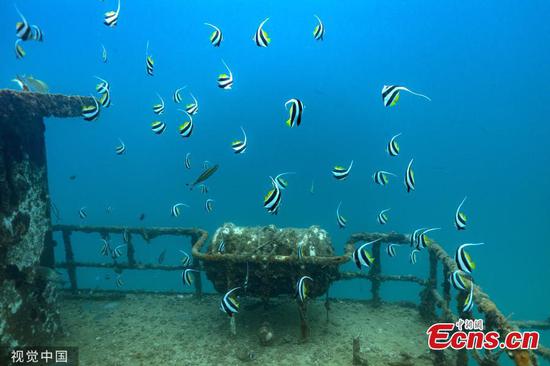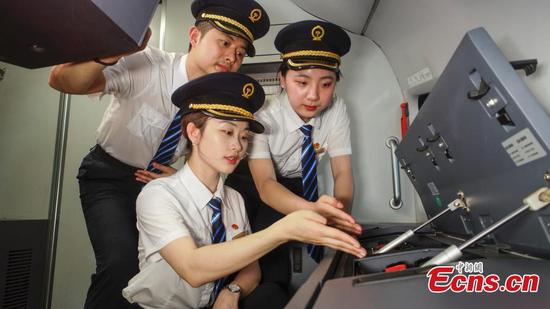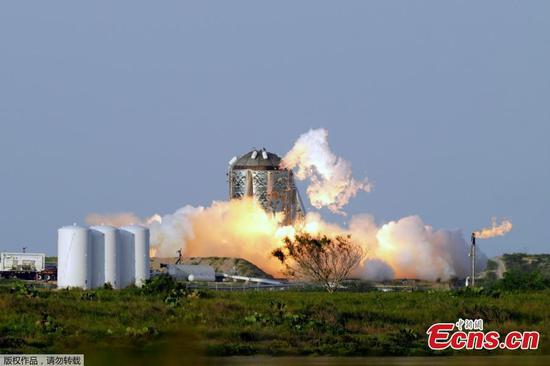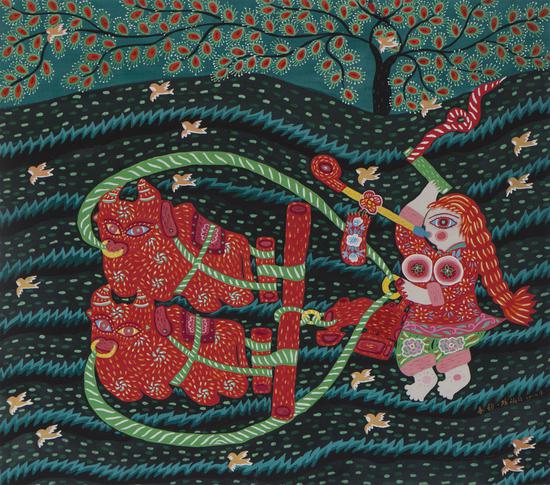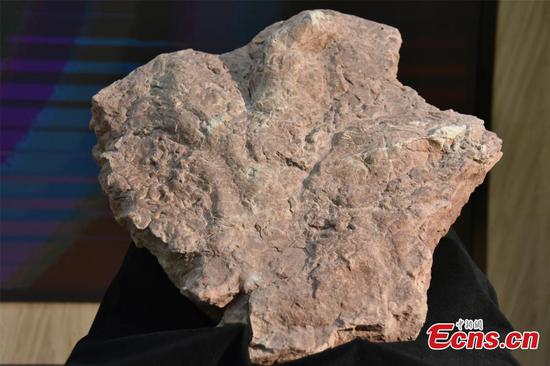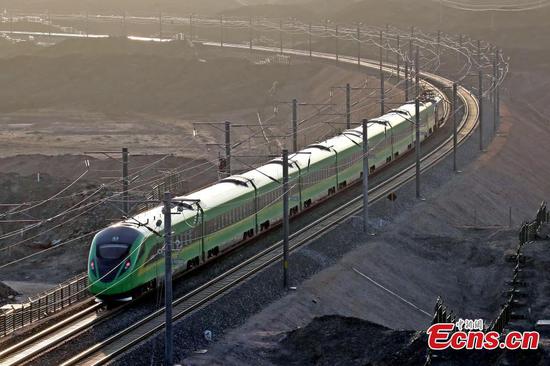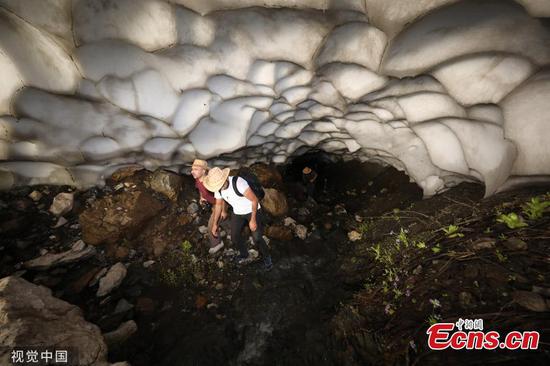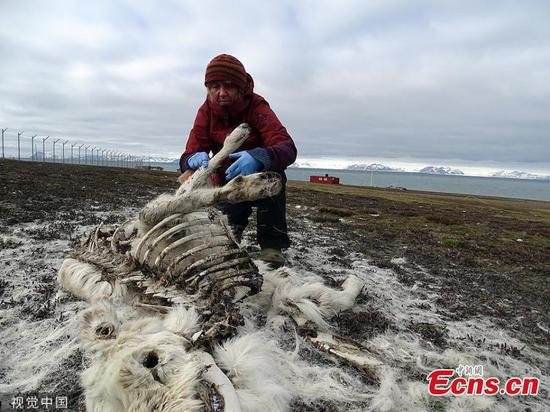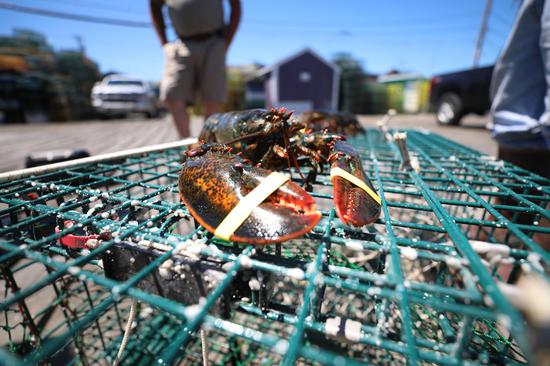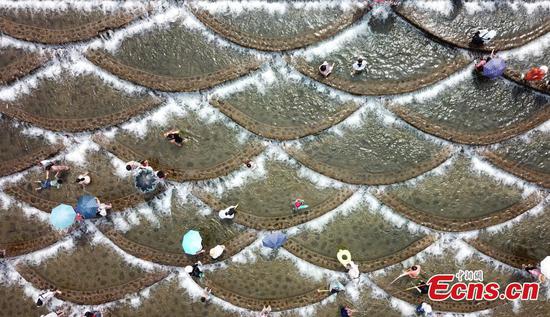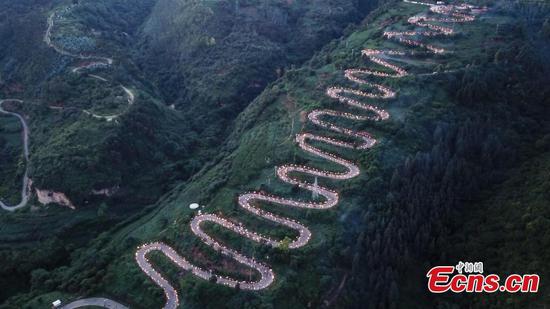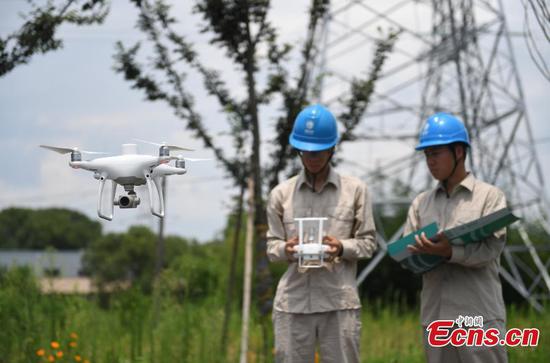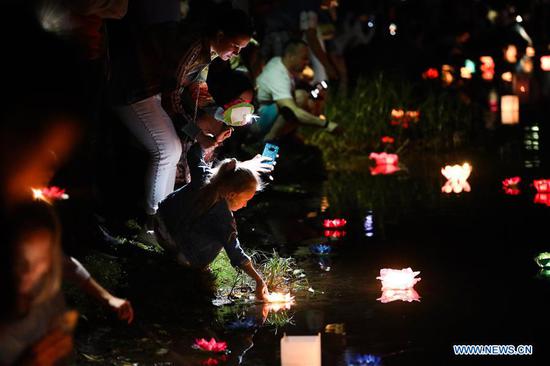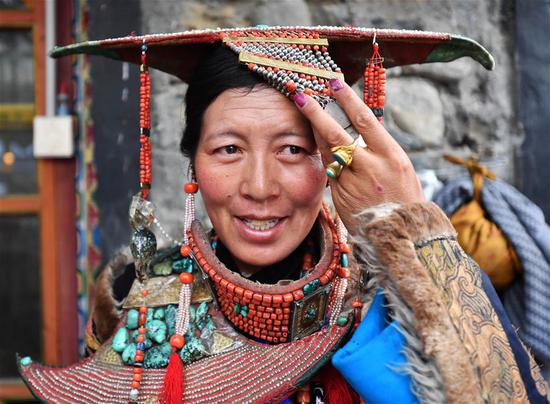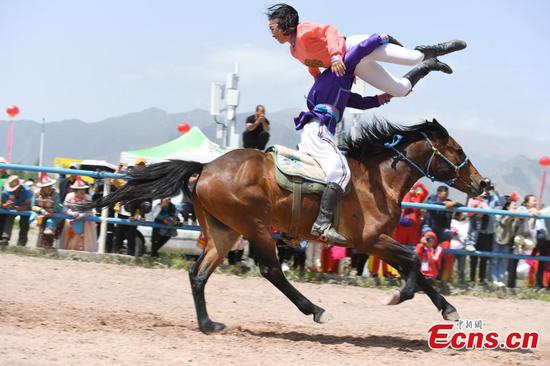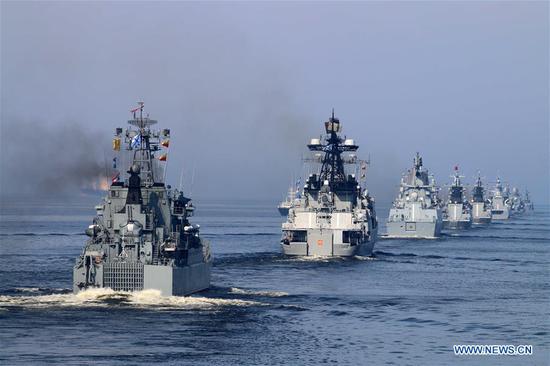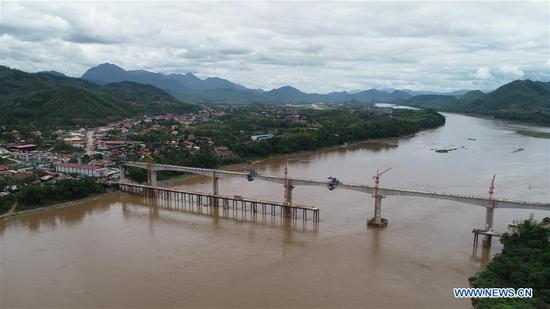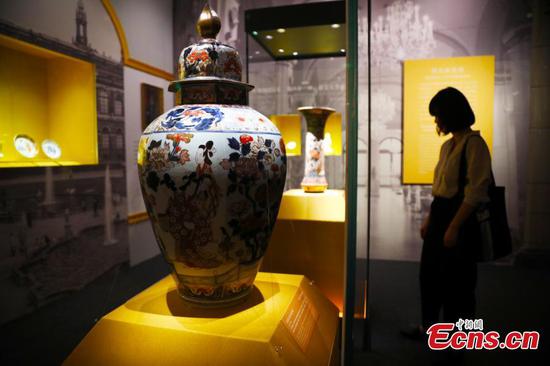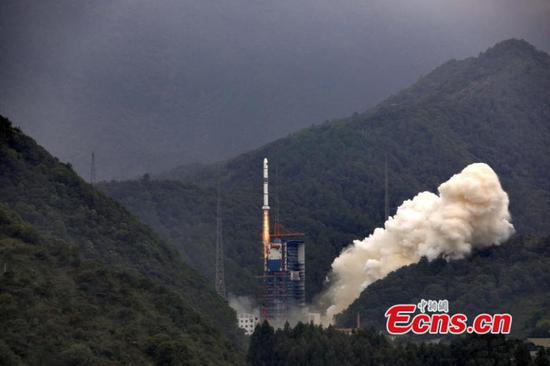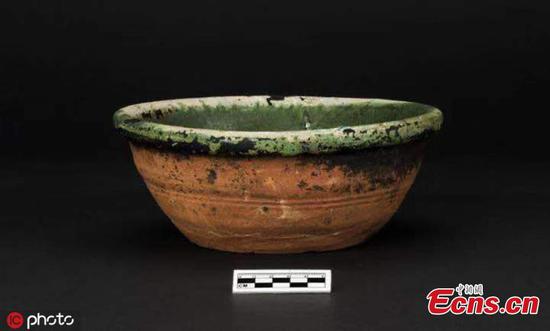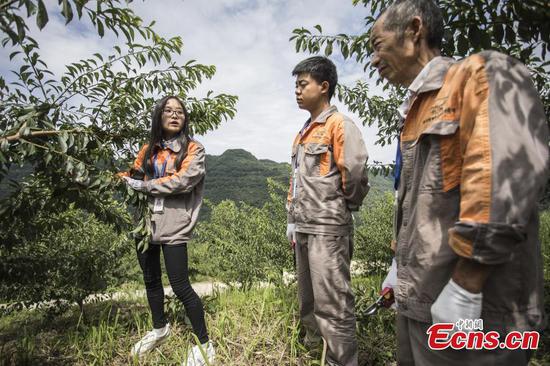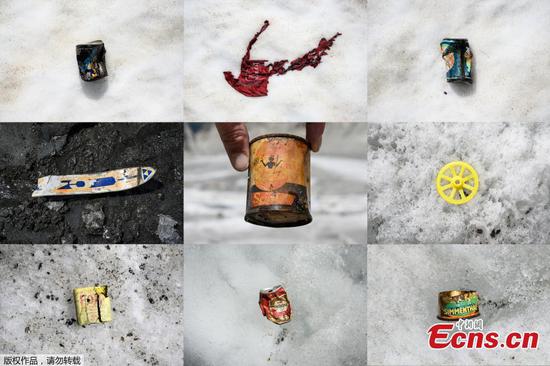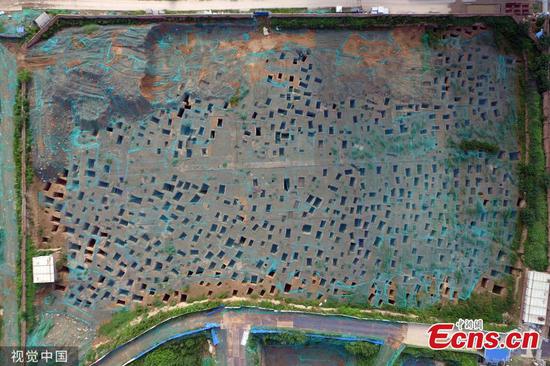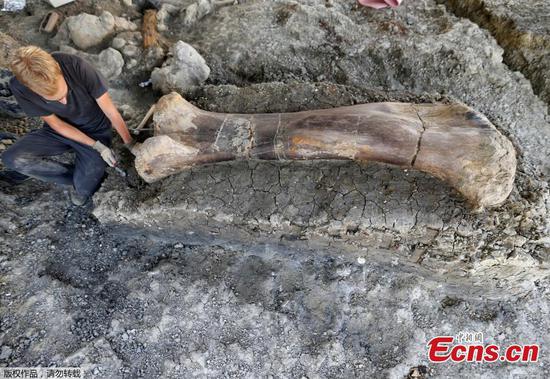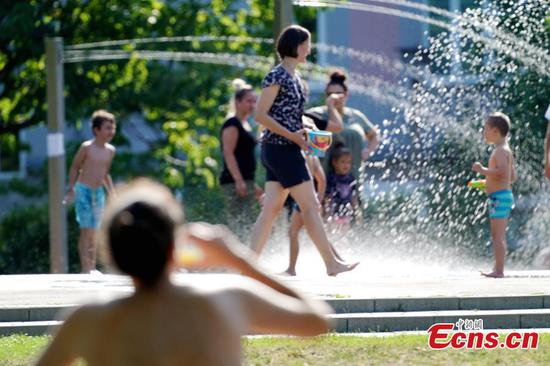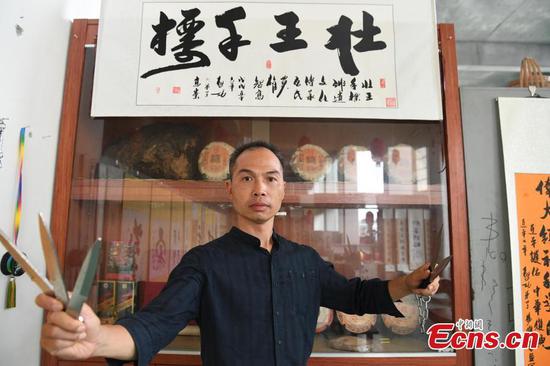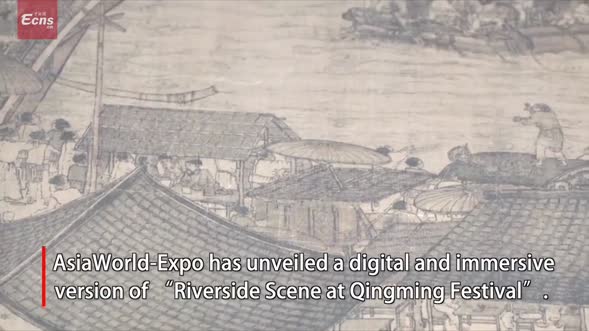Judicial cooperation
Guo Yong, director of the Center for Anti-Corruption and Governance at Tsinghua University in Beijing, said fighting corruption is a global issue, and only if all countries approach it correctly and realize the great harm that graft causes will it be possible to combat it.
Cai, from the International Cooperation Bureau, said China will deepen pragmatic judicial cooperation with other countries under the newly passed International Criminal Justice Assistance Law to extradite, repatriate and persuade more fugitives to face trial.
Last year, China extradited 12 economic fugitives from six countries, including South Korea, Bulgaria, Spain and Portugal, to face justice.
In addition, judicial officers signed extradition treaties with five countries, four judicial assistance agreements and four financial intelligence exchange agreements.
In December, Yao Jinqi, a "most-wanted" corruption suspect, was extradited from Bulgaria to face trial after being on the run overseas for 13 years, according to the National Commission of Supervision.
Yao, the former deputy head of Xinchang county, Zhejiang province, is accused of taking bribes. He fled to Bulgaria in December 2005.
Yao's case was the first successful extradition since the National Commission of Supervision was formed.
According to the commission, anti-graft officers will strengthen intelligence-sharing and cooperation on joint investigations with "relevant countries" on some major and individual cases.
They will also enhance investigations into money laundering and crack down on underground banks to prevent suspects sending illicit assets abroad, while working closely with their foreign counterparts to establish a system to locate, freeze, confiscate and return dirty money.
"The only choice for fugitives is to return, plead guilty and seek lenient punishment," Cai said. "If they refuse, we have the means to capture them and bring them back to face justice."










